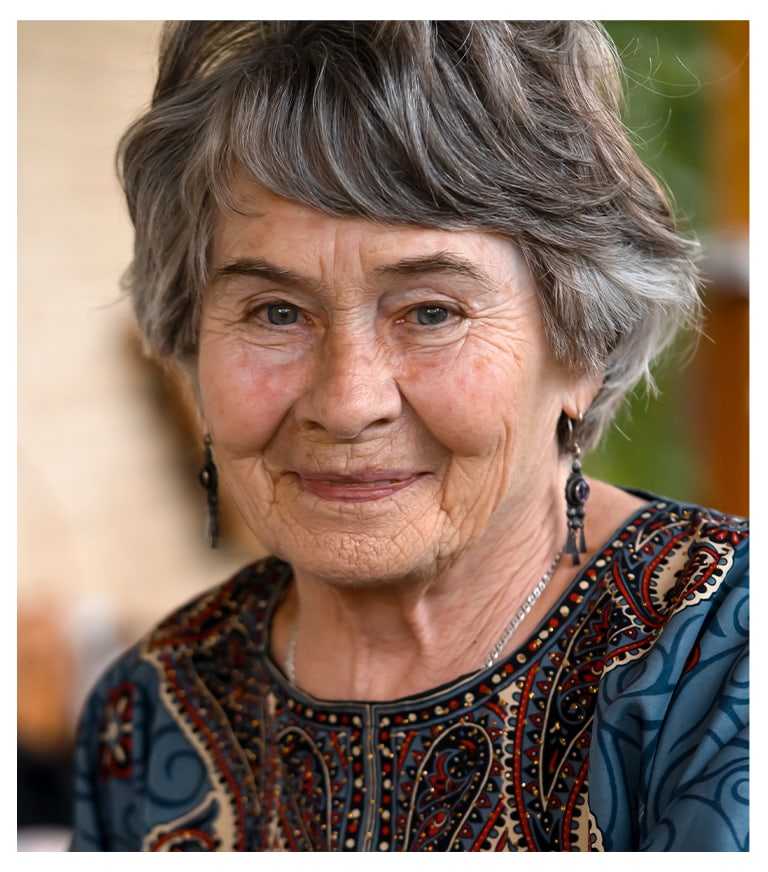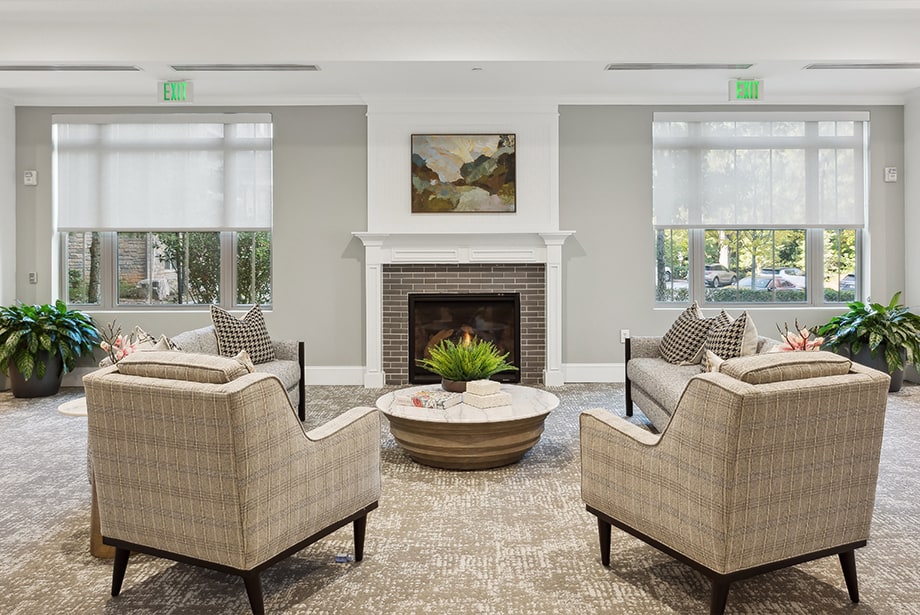Assisted living is a valuable resource for many older adults. It’s a way to maintain independence and lifestyle while getting support when it’s needed. However, any move to senior living requires careful consideration. So are there physical requirements for assisted living?
Generally, assisted living is ideal for adults who can still maintain their autonomy. Potential residents should be medically and cognitively stable. There may be other requirements, including age and lifestyle, that vary depending on the specific community in question.
What Is Assisted Living?
Sometimes, age causes unique challenges that make it more difficult to stay independent. Older adults may face physical problems, mobility concerns, or cognitive changes. This makes everyday tasks more challenging than they once were, which can easily impair your loved one’s quality of life.
For older adults who value independence but need some support, assisted living is incredible. It’s a blend of independence and personal care provided by senior living communities. Assisted living is designed to help seniors maintain their autonomy by providing professional care when needed.
Residents benefit from having their own living spaces, along with access to:
- Professional caregivers
- Restaurant-style dining
- Social and recreational programs
- Planned events and outings
- A community environment
Assisted living aims to help older adults live the lifestyle they love. Independence is encouraged at all times, and when somebody needs support, the team steps in to help.
The Benefits of Assisted Living
Assisted living offers significant benefits to seniors in need. It’s an excellent way to maintain independence without compromising on safety and support. Assisted living offers:
- Assistance with daily activities tailored to individual needs.
- Around-the-clock support and emergency response systems.
- A variety of activities and events to encourage social interaction.
- Balanced diets prepared by skilled culinary teams.
- A maintenance-free lifestyle in a home-like environment.
These benefits create an environment where your loved one can thrive. Whenever they need support, a team of professional caregivers is available to help. It’s an excellent way to preserve their lifestyle.
Who Should Move to Assisted Living?
One key factor in determining assisted living eligibility is independence. Ideally, residents should be able to stay mostly independent in their day-to-day lives. To qualify for assisted living, a person should be:
- Over the age of 6, (or the cutoff age of the specific community).
- Needing support with some daily activities like dressing, bathing, or managing medication
- Wanting to downsize their lifestyle and enjoy maintenance-free senior living.
- Desiring easy access to social opportunities, amenities, and new experiences.
It’s important to note that qualifications often vary depending on the specific community in question. Before applying for assisted living, take the time to reach out to nearby communities and ask about the process. They can explain any specific requirements they have for their community.
Alternatives to Assisted Living
However, if a person is not medically and cognitively stable, assisted living may not be ideal. These communities are designed around independence and care rather than advanced medical support.
If your loved one struggles with a chronic and complicated condition, alternative options may be ideal. For example, when Alzheimer’s disease or dementia is a factor, memory care is the recommended lifestyle. This is a specialized lifestyle designed to support seniors living with cognitive decline and memory impairment.
Your loved one should be supported in everything they do. Senior living communities are an excellent way to help them maintain their lifestyle. This is why it’s so important to choose the right community—it’s key to getting your loved one the care they deserve.
How to Choose an Assisted Living Community
There are plenty of factors to consider when choosing a senior living community. Start by discussing your loved one’s needs and wants. This gives you a baseline of what to think about when deciding.

Then, reach out to communities in your area. You’ll need to think about:
- Proximity to family and friends.
- The level of care and services offered.
- Cost and affordability for your family.
- Community culture and environment.
- The experiences and amenities available.
This helps you match your loved one’s wants and needs to what the community can offer. Remember—assisted living should be about helping your loved one live a life they enjoy every day. The specific community should treat them like the unique person they are.
Find Your Loved One’s Community
Finding the right community for your loved one is essential. It’s how you get peace of mind knowing they’re somewhere they belong. And here at Somerby Sandy Springs, we’re looking forward to welcoming your loved one to our community.
Your loved one deserves a place where they can thrive. So contact our team today to schedule a visit, and see firsthand how we can help your loved one maintain their lifestyle. We’re ready to help.











